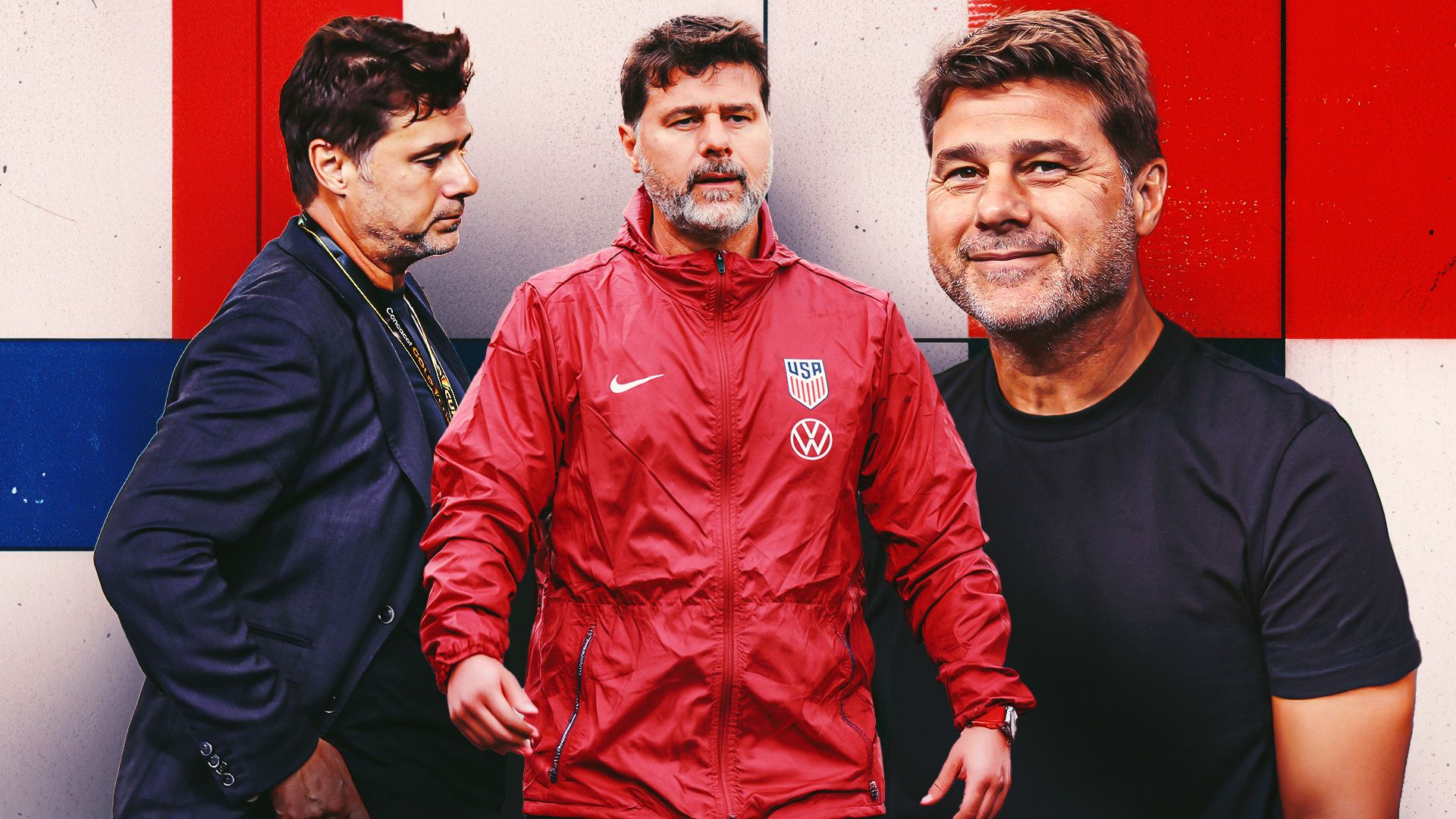USMNT Gold Cup Reset: Pochettino Draws a Hard Line
USMNT Gold Cup preparations began long before the opening whistle, yet the most decisive moment unfolded inside a makeshift press-tent at PayPal Park. Mauricio Pochettino leaned toward the microphone and, with a calm that belied iron resolve, declared, “I’m not a mannequin.” With that one sentence he shifted the axis of the American program, outlining a non-negotiable vision for the next twelve months.
USMNT Gold Cup and the Power Shift
Pochettino’s arrival always promised fresh ideas, but the 2025 tournament demanded something stronger—a cultural reset. He made it clear that selection depended on commitment, not résumé. Senior names such as Christian Pulisic, Weston McKennie and Tyler Adams were warned that reputation alone would not guarantee minutes. “The badge comes first,” he repeated, fusing South American coaching grit with an American ethos of meritocracy.
Why Mauricio Pochettino’s Authority Matters
The coach inherited a squad still bruised by a 2024 Copa América exit and lingering questions about locker-room hierarchy. Previous managers often deferred to star influence, but Pochettino pivoted. Training sessions shortened yet intensified, GPS data scrutinized every sprint and media access tightened to keep focus internal. Sources inside U.S. Soccer describe a “military-like clarity” in daily schedules, from nutrition to film review.
Key Tactical Tweaks
Pochettino ditched the double pivot for an aggressive 4-3-3 that asks the No. 8s to initiate the press in the final third. The change suits high-octane wingers yet exposes central defenders; those who cannot cope with one-on-one duels will be replaced swiftly. He also empowered full-backs to invert into midfield, trusting goalkeeper Matt Turner to start build-ups with precise line-breaking passes.
Player Reactions: Buy-In or Bow-Out
Inside camp, reactions split into two camps. Veterans like Tim Ream embraced the clarity, calling it “a professional challenge we needed.” Others bristled. Pulisic—publicly supportive—privately questioned reduced marketing appearances that once amplified his profile. Youngsters Johnny Cardoso and Paxten Aaronson, meanwhile, viewed the stricter environment as a fast-track to minutes. The message is unmistakable: play the Pochettino way or watch the 2026 World Cup from home.
Christian Pulisic’s Crossroads
The Chelsea forward remains the program’s most marketable name, yet his spot is no longer sacred. Benching him for a group-stage match against Trinidad acted as a shockwave through social media, but insiders say Pulisic’s response in closed-door scrimmages—constant tracking, sharper release passes—impressed the staff. The episode underscores Pochettino’s stance: accountability applies equally to stars and squad players.
The Road to 2026 Starts Now
With North America hosting the next World Cup, external pressure magnifies every decision. Pochettino argues that forging team character now outweighs short-term Silverware. Should the USMNT Gold Cup quest end without a trophy, lessons in resilience and role clarity would still mark success in his ledger. U.S. Soccer leadership appears aligned, granting him latitude unheard of since Bob Bradley’s tenure.
Historical Parallels
Fans recall Bruce Arena’s pre-2002 overhaul, when he cut big names to build chemistry; Pochettino’s stance echoes that ruthlessness. Yet the modern landscape differs—social media amplifies dissent, and European clubs monitor workload. Balancing those dynamics while molding a unified roster requires deft man-management, an area where Pochettino’s Tottenham record—turning prospects into Premier League mainstays—offers optimism.
USMNT Gold Cup Lessons for Young Prospects
Emerging talents such as Kevin Paredes, Jonathan Gómez and Malik Tillman witness a blueprint: versatility and attitude trump hype. The coach has rotated youth into pressure moments, insisting that “experience is accelerated by responsibility.” Expect roster fluidity in Nations League fixtures, where fringe players can cement spots or drift outside the selection pool.
Fan and Federation Alignment
Supporter groups, initially skeptical of a foreign coach wielding sweeping control, now trumpet the newfound edge on display. Ticket sales rose after an electric quarter-final win over Panama, while television viewership spiked 14 percent despite streaming fragmentation. Federation executives believe an identity rooted in intensity and discipline will resonate far beyond the tournament.
Potential Pitfalls
Every hard-line approach risks backlash. Overemphasis on conditioning could trigger injuries; suppressing individual flair might blunt attacking unpredictability. If marquee results stall, critics will question whether culture should trump creativity. Pochettino counters that structure liberates talent by removing ambiguity: “Know your role, then express yourself without fear.”
Strategic Next Steps
The autumn schedule features friendlies against Spain and Nigeria—litmus tests for the revamped pressing scheme. Scouting continues for dual-nationals, yet commitment letters now highlight expectations on behavior and fitness. A December camp in Arizona will simulate tournament fatigue with compressed fixtures, meals and media duties, preparing the group for World Cup rhythms.
Final Whistle: A Defining Stance
Nine months remain until qualification dress rehearsals conclude. The USMNT Gold Cup thus serves as more than regional bragging rights; it is the crucible in which Pochettino’s vision will either bond or break the squad. His unapologetic declaration—“I’m not a mannequin”—already reverberates through locker rooms and boardrooms alike.
Opinion: Pochettino’s firmness feels overdue. For too long, the U.S. leaned on marketing darlings rather than competitive edge. If stars accept equal footing with rookies, the 2026 hosts could finally marry talent with mentality. If egos win, expect another cycle of near-misses and what-ifs.
Your global gateway to nonstop football coverage:
News Goal
Share this content:

